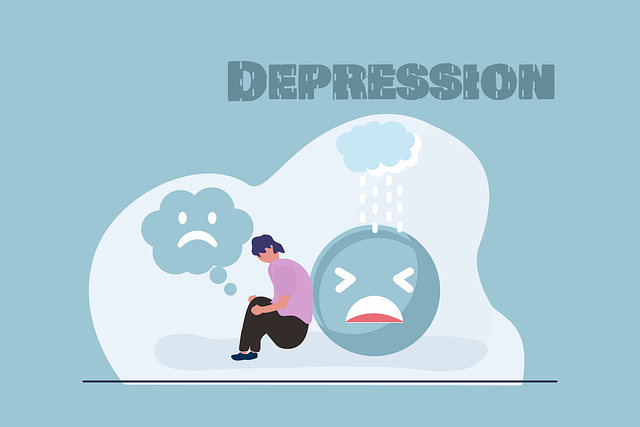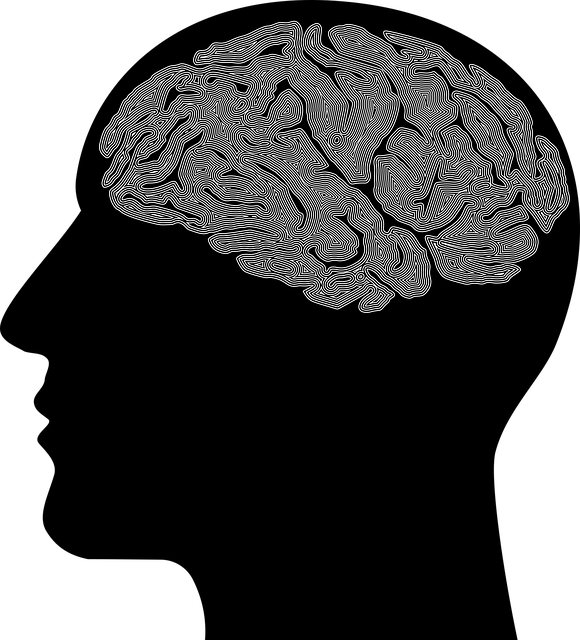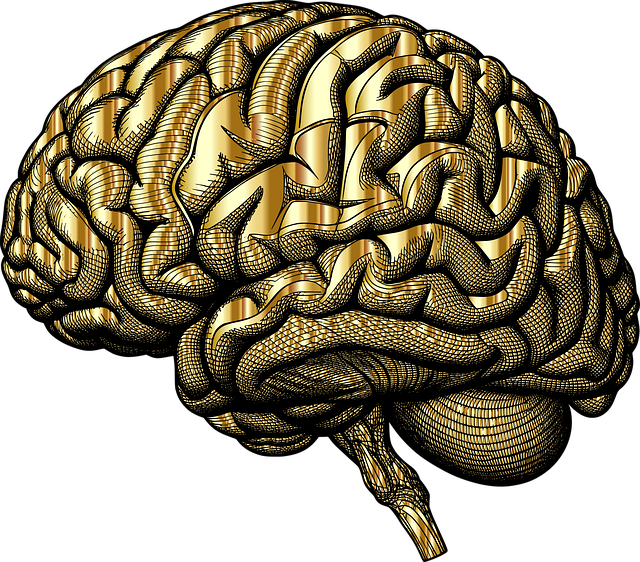Parker Young Adults Therapy emphasizes Emotional Intelligence (EQ) as a powerful tool for personal growth and well-being. Through tailored techniques, they empower young adults to build resilience, confidence, and healthier relationships by fostering self-awareness, empathy, and mindfulness. By recognizing and managing emotions, both their own and others', individuals gain insights into emotional distress, break negative thought cycles, and cultivate deeper connections with themselves and the world, making it a key focus for overall well-being.
Emotional intelligence (EI) is a powerful tool for personal growth, enabling individuals to navigate life’s challenges with resilience and understanding. This article, by Parker Young Adults Therapy, delves into the key components of EI, offering insights on how to cultivate it. We explore self-awareness as the cornerstone of emotional growth, emphasizing its role in recognizing and managing feelings. Additionally, we discuss empathy, effective communication, and mindfulness practices, providing practical steps for enhancing EI and improving relationships.
- Understanding Emotional Intelligence: A Key to Personal Growth
- The Role of Self-Awareness in Developing Emotional Intelligence
- Enhancing Empathy: Connecting with Others on a Deeper Level
- Effective Communication: Expressing Emotions Constructively
- Practicing Mindfulness: Staying Present and Regulating Emotions
Understanding Emotional Intelligence: A Key to Personal Growth

Understanding emotional intelligence (EQ) is a powerful tool for personal growth and well-being. It involves recognizing, managing, and responding to one’s own emotions as well as those of others. Parker Young Adults Therapy emphasizes that EQ isn’t just about feeling emotions; it’s about understanding them deeply enough to make positive choices in how you express and regulate them. By cultivating emotional intelligence, individuals can enhance their relationships, make better decisions, and lead more fulfilling lives.
At Parker Young Adults Therapy, we explore various Emotional Well-being Promotion Techniques and Emotional Healing Processes tailored for young adults seeking to build resilience and boost confidence. Through therapeutic practices, individuals learn to navigate complex emotions, fostering self-awareness and empathy towards others. This process is transformative, enabling personal growth and a deeper connection with oneself and the world around them.
The Role of Self-Awareness in Developing Emotional Intelligence

Emotional intelligence, a skill set that enables individuals to navigate relationships and life’s challenges with grace, has its roots in self-awareness—a cornerstone recognized even by professionals like Parker Young Adults Therapy. Understanding your emotions is the first step towards managing them effectively. It involves recognizing when you’re feeling a certain way, why, and how these feelings influence your thoughts and actions. This introspective practice empowers individuals to develop inner strength, fostering resilience against life’s ups and downs.
Self-awareness also plays a crucial role in depression prevention by enabling individuals to identify early warning signs of emotional distress. Recognizing patterns of thinking and feeling can help break cycles of negative thought, allowing for the application of mind over matter principles. By cultivating self-awareness, one gains a deeper understanding of their emotional triggers, which is essential for personal growth and maintaining overall well-being—a key focus of Parker Young Adults Therapy.
Enhancing Empathy: Connecting with Others on a Deeper Level

Enhancing empathy is a key aspect of emotional intelligence building, allowing individuals to connect with others on a deeper level. This involves actively listening to and understanding someone’s feelings and experiences, recognizing their unique perspectives, and responding in a compassionate manner. At Parker Young Adults Therapy, we emphasize the importance of developing this skill not just for personal growth but also for fostering healthier relationships and improving mental wellness.
Empathy is a powerful tool in depression prevention as it promotes a sense of belonging and support. By cultivating empathy, individuals can better navigate social interactions, improve communication, and enhance their overall ability to provide and receive emotional support. This skill is not only valuable in personal settings but also crucial for healthcare provider cultural competency training, enabling professionals to offer more personalized and effective care.
Effective Communication: Expressing Emotions Constructively

Emotional intelligence involves understanding and managing your own emotions, as well as recognizing and responding to the feelings of those around you. A key component of this is effective communication, which means expressing emotions in a constructive manner. At Parker Young Adults Therapy, we emphasize the importance of open and honest dialogue, encouraging our clients to articulate their feelings without fear of judgment. This not only fosters deeper connections but also promotes positive thinking and self-esteem improvement.
By learning to communicate their emotions healthily, individuals can reduce the impact of mental illness stigma reduction efforts. Expressing oneself clearly and respectfully helps in building stronger relationships and creating a safer, more supportive environment for everyone involved. This constructive approach to communication is a cornerstone of emotional intelligence development, enabling individuals to navigate complex social situations with greater confidence and empathy.
Practicing Mindfulness: Staying Present and Regulating Emotions

Practicing mindfulness is a powerful tool for emotional intelligence building. It involves staying present in the moment and observing your emotions without judgment. This simple yet profound practice helps individuals become more aware of their feelings, allowing them to better regulate and manage them. By focusing on the here and now, you can detach from reactive responses and cultivate a sense of calm and clarity. Mindfulness encourages acceptance of emotions, fostering an environment where understanding and empathy can flourish.
At Parker Young Adults Therapy, we emphasize the importance of mindfulness as an Empathy Building Strategy and Compassion Cultivation Practice. Through various techniques, such as meditation and mindful breathing exercises, individuals learn to harness Mind Over Matter principles. These practices enable them to navigate intense emotions, fostering resilience and improving overall well-being. By integrating mindfulness into daily routines, one can enhance self-awareness, leading to more thoughtful interactions with others and a deeper connection to their own emotional landscape.
Emotional intelligence is a powerful tool for personal growth, as demonstrated by research and practices employed by professionals like those at Parker Young Adults Therapy. By cultivating self-awareness, empathy, effective communication, and mindfulness, individuals can navigate relationships and challenges with greater ease. These strategies not only enhance mental well-being but also foster deeper connections with others, ultimately leading to a more fulfilling life.












